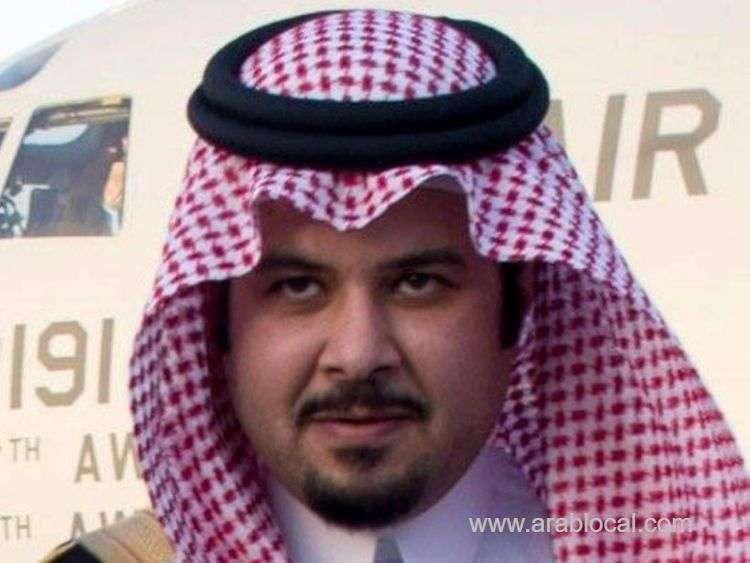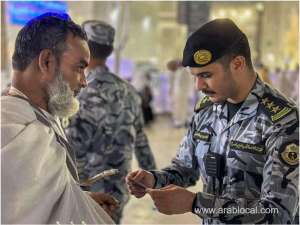In a series of royal decrees issued by Saudi King Salman bin Abdul Aziz, significant leadership changes have been announced, including the appointment of Prince Salman bin Sultan as the new emir of the holy region of Medina. This region is home to Islam's second holiest site, and the reshuffling also involves key appointments in other vital areas across the kingdom.
The royal decrees, conveyed by the Saudi Press Agency (SPA), outline several notable changes in leadership. Prince Salman bin Sultan, a former deputy of the defense minister, is now the emir of Medina, succeeding Prince Faisal bin Salman. Prince Faisal has been appointed as a special adviser to the king at the ministerial rank.
Key Appointments:
The reshuffling extends to other crucial regions, with Prince Saud bin Meshal taking on the role of deputy emir of Mecca, replacing Prince Badr bin Sultan. Mecca is home to the Grand Mosque, Islam's holiest site. Additionally, Prince Saud bin Bandar has been appointed as deputy emir of the Eastern Province, succeeding Prince Ahmad bin Fahd.
Regional Deputy Emirs:
In north-western Saudi Arabia, three royals have been appointed as deputy emirs for Tabuk and Al Jouf, as well as Asir in the south-west.
Governorship Change:
Prince Abdul Rahman bin Abdullah assumes the position of governor of Hafr Al Baten in north-eastern Saudi Arabia, succeeding Prince Mansour bin Mohammad.
Other Key Appointments:
The royal decrees also include key appointments such as Hesham bin Abdul Rahman as assistant to the Saudi interior minister, Khalid bin Mohammad as undersecretary at the Interior Ministry, Khalid bin Farid as adviser at the royal court, and Khalil bin Ebrahim as deputy minister of industry.
Leadership in Holy Cities:
The king appointed Mesaed bin Abdul Aziz as the mayor of Mecca, known as the Holy Capital, and Abdullah bin Mahdi as the mayor of Asir. These appointments underscore the strategic significance of these cities.
Roles in National Institutions:
The royal decrees also cover appointments to various national institutions, including Abdullah bin Ahmad as assistant to the minister of media, Youcef bin Sayah as deputy chief of the general intelligence service, and Zuhair bin Mohammed as assistant to the head of the Saudi Human Rights Commission.
The recent leadership changes signify a strategic realignment in Saudi Arabia, with a focus on ensuring effective governance and strategic leadership in key regions and institutions. The appointments reflect the commitment to enhancing the nation's development and upholding its values.










